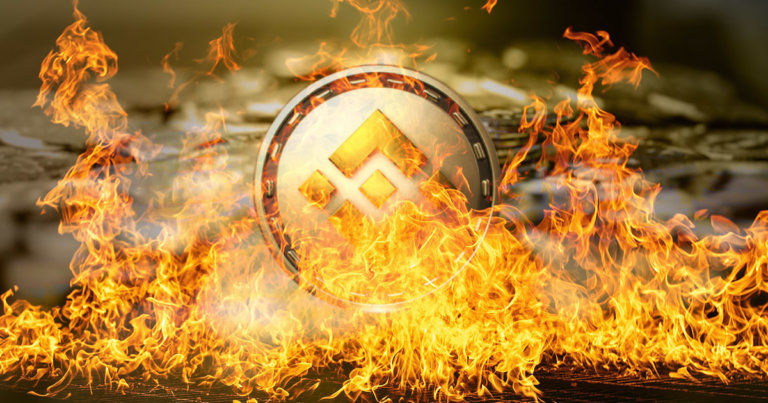 Supply for Binance Coin set to decrease as BEP-95 seeks to burn BNB in ‘real time’
Supply for Binance Coin set to decrease as BEP-95 seeks to burn BNB in ‘real time’ Supply for Binance Coin set to decrease as BEP-95 seeks to burn BNB in ‘real time’
In bid to increase value of the BNB token, Binance is proposing a new real-time burning mechanism.

Photo by Ricardo Gomez Angel on Unsplash and RODNAE Productions from Pexels
Binance has pulled a new trick out of its bag as it plans to introduce a real-time burning mechanism, Binance Evolution Protocol, BEP-95, to its Binance Smart Chain (BSC) network. This was announced via a press statement issued by the largest crypto exchange by trading volume recently.
Binance proposed BEP-95 upgrade
According to the released statement, the new BEP-95 will lead to the BSC network being more decentralized as it would drastically increase the burning speed of BNB, its native token.
This new mechanism would burn some BNB for every transaction that is carried out on the network and it is also capped to a maximum of 100 million BNB which is half of the total supply of the token itself.
The abstract behind this BEP is to speed up the burning process of BNB and make BSC more decentralized, as part of the gas fee will be burned. The BEP-95 burn is solely dependent on the activity on the BSC network, and it will continue functioning (decreasing BNB supply), even after the scheduled BNB burns by Binance.com reach the target supply of 100m BNB in circulation.
Crypto assets are beginning to embrace burning as a way of becoming deflationary in nature. The process involves moving a specific number of these digital assets into an inaccessible address where they would be locked out of circulation, this way, the value of the asset would begin to rise as they become more scarce.
One asset that has successfully been able to implement this mechanism is Ethereum through its EIP-1559 upgrade which introduced a burning mechanism to the crypto queen.
Interestingly, BNB currently has a burning mechanism through which the exchange removes 20% of its quarterly profit every quarter of the year.
Through this method, the CZ-led crypto firm has burnt over 1 million units of BNB and recently had its 17th burn earlier in the month.
However, the introduction of this new mechanism is geared towards reducing BNB supply thereby increasing demand which would “drive the BNB value higher.”









































































































